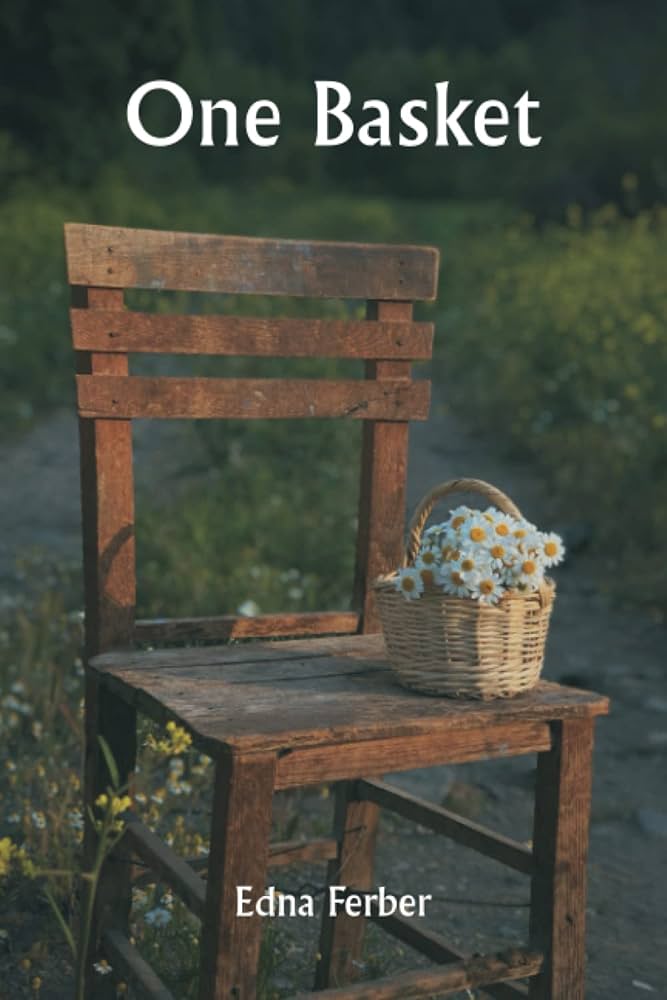The Gay Old Dog [1917]
byThe Gay Old Dog [1917] opens with Jo Hertz, a middle-aged bachelor, navigating the lively streets of Chicago as troops prepare to march off to war. The festive chaos of the city contrasts sharply with Jo’s internal stillness—a quiet longing that has been buried beneath years of indulgence and denial. While others look to the future with hope or fear, Jo stands suspended in the past, contemplating the pieces of life he never got to live. It is this emotional disconnect, set against a backdrop of patriotic urgency, that exposes the hollowness of his lifestyle.
Jo’s days are filled with fleeting pleasures, his money spent in restaurants and theaters, and his nights passed in the company of people he barely knows. Once regarded as charming, his carefree attitude now feels like a mask stretched too thin. The city, once a playground, has turned into a blur of habits meant to distract him from what he lacks. When he unexpectedly sees Emily—the only woman he ever truly loved—it cracks something within him that had long been hardened.
She has built a life that Jo can only imagine: a loving husband, a home, and a son bound for the front lines. That son, symbolic of a future Jo forfeited, triggers in him a mix of regret and tenderness. Her presence reminds him not just of lost love, but of an entire path he never walked. In their brief conversation, Jo sees a mirror of himself had he made a different choice. It is not just about Emily; it’s about the legacy he might have left behind.
Jo’s sisters, Eva and Stell, serve as a reminder of the obligation that anchored him in place. In the name of family duty and their mother’s dying wish, Jo sacrificed his desires. Over the years, that sacrifice became resentment—quiet at first, then roaring when they confront him about his lifestyle. They view his late-night revelry as an embarrassment, but for Jo, it’s all that’s left. Their judgment is a fresh wound layered on an old scar.
In a fiery exchange, Jo finally releases the bitterness he’s carried for decades. His voice, usually calm and self-assured, trembles with frustration and sorrow. He tells them of the life he could have lived, the wife he could have had, and the son he now mourns in the abstract. The war has taken nothing from Jo directly, but it has forced him to see what he never fought for. His grief isn’t just for the past—it’s for the silence of a future that never arrived.
Despite all his wealth and social freedoms, Jo is emotionally bankrupt. The laughter and flirtation that once brought color to his life now feel like faded echoes. He realizes that his “Loop-hound” existence—filled with polished shoes and dining alone—isn’t living, just surviving. The people he surrounds himself with don’t know him, not really, and that anonymity has become suffocating. It’s not the noise of the city that haunts Jo, but its indifference.
The story becomes a quiet commentary on aging, masculinity, and missed opportunities. Jo’s tale echoes a wider truth: that emotional fulfillment isn’t guaranteed by wealth or freedom, but is cultivated through relationships, purpose, and connection. The war outside only amplifies his inner battle—the fight to reconcile who he is with who he might have been. For readers, it’s a sobering reminder of how quickly time passes when we live for everyone but ourselves.
Beneath the surface of Jo’s bitterness is a desire not for pity, but for meaning. He isn’t angry at his sisters merely for meddling; he’s angry that he let them define his life’s path. His longing for a son isn’t just about family—it’s about legacy, about being remembered, about knowing his existence mattered to someone. With no child to carry his name and no partner to hold his hand in old age, Jo is left with memories that don’t speak back.
While the story closes on an unresolved note, its emotional weight lingers. Jo isn’t offered redemption, only reflection. And in that reflection, readers find themselves questioning the compromises they’ve made and the roads they didn’t take. The silence that surrounds Jo in the end isn’t empty—it’s full of everything he never said, never did, and never dared to hope for.
What makes The Gay Old Dog [1917] powerful isn’t just its portrait of one man’s sorrow, but its universal message about time, choice, and the high cost of emotional sacrifice. Jo is every person who let obligations eclipse dreams, who traded potential for duty, and who now wonders if there’s still time to change. The story asks a subtle but powerful question: When everything else fades, what remains of the life you lived?


